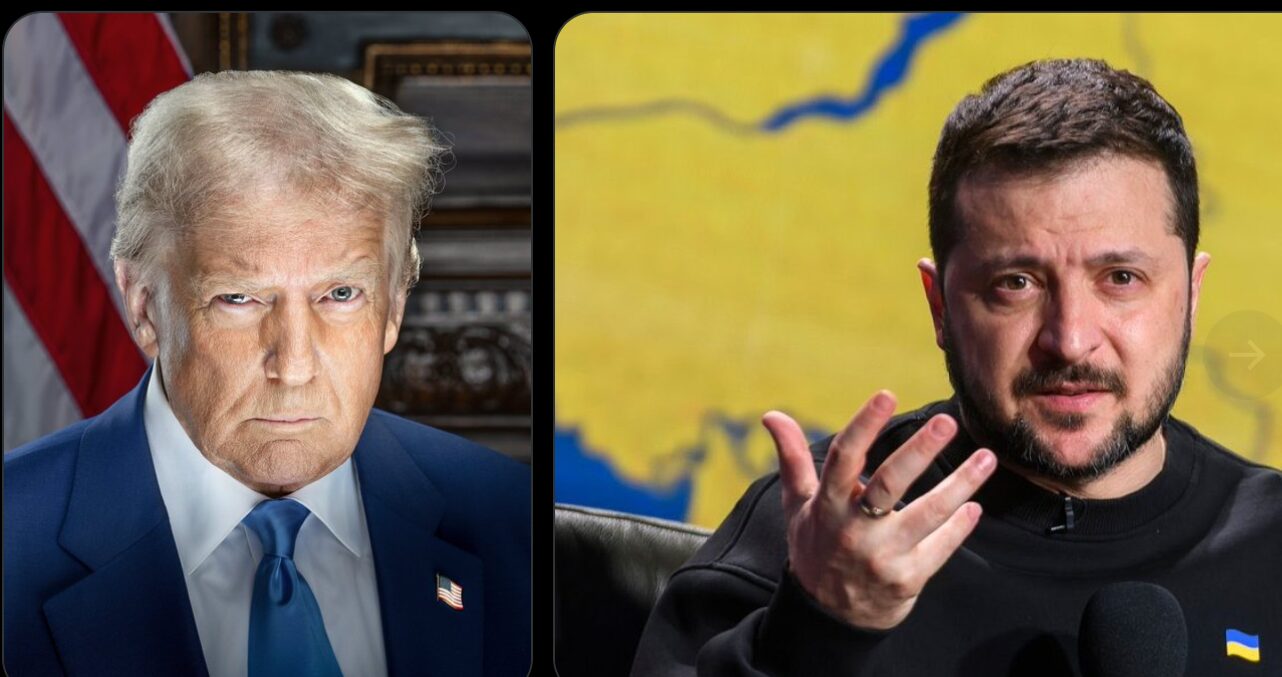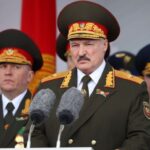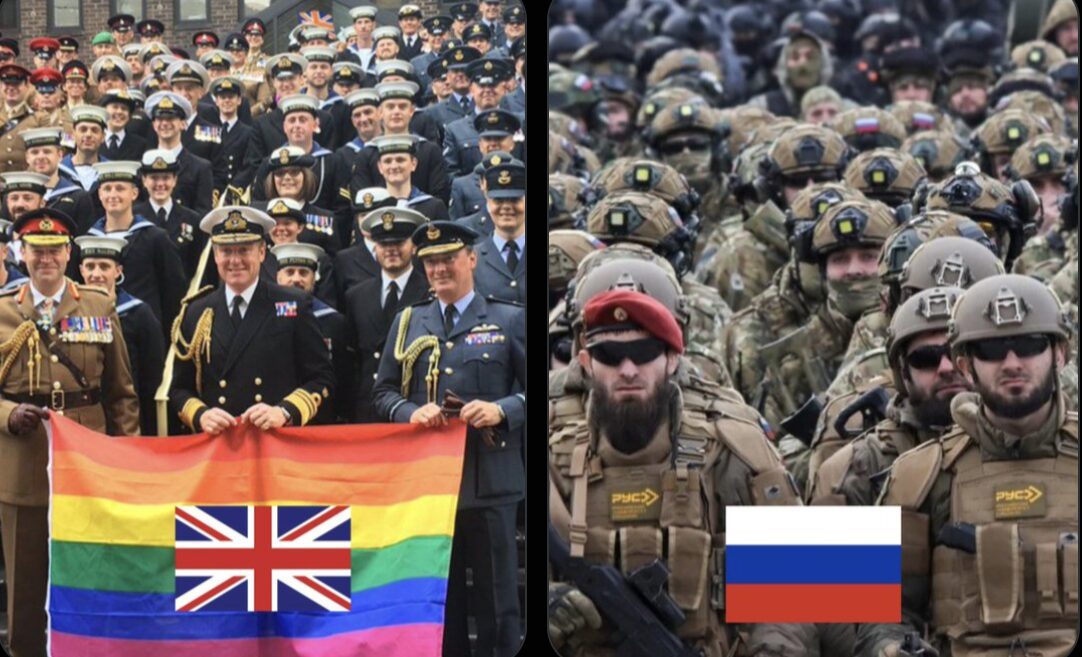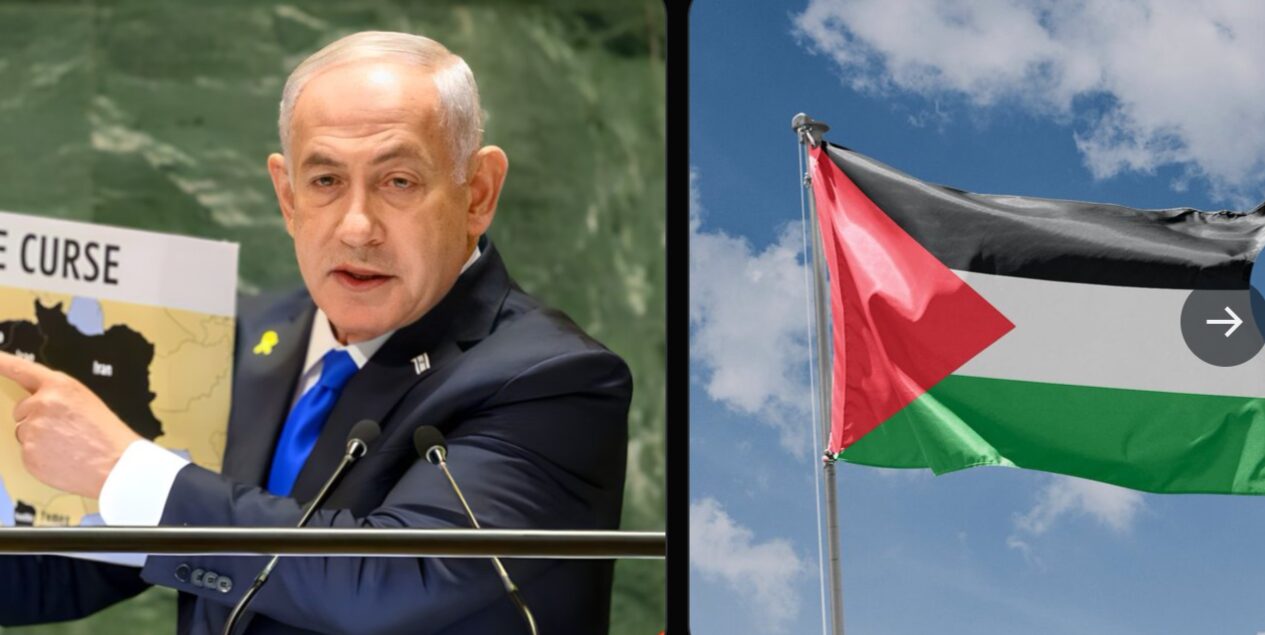President Trump says Ukrainian President Zelensky told him he wants to make a deal and end the war with Russia
In a recent statement, President Donald Trump revealed that Ukrainian President Volodymyr Zelensky expressed his desire to negotiate a deal aimed at bringing an end to the ongoing conflict with Russia. This revelation adds another layer to the complex and evolving geopolitical situation surrounding Russia’s invasion of Ukraine, a war that has drawn widespread international attention and involvement. Trump’s comments, which were made during a public appearance, have raised questions about the potential for a negotiated settlement to the war and what role the United States could play in facilitating peace efforts between the two nations.
The conflict in Ukraine has been ongoing since Russia’s invasion in February 2022, resulting in significant loss of life, massive displacement, and widespread destruction. Despite global condemnation of Russia’s actions and ongoing support for Ukraine from Western nations, President Zelensky has consistently called for a decisive military victory. However, Trump’s remarks suggest that Zelensky may be open to pursuing a diplomatic solution to end the war—a development that could have major implications for the future of the conflict.
The Context of Trump’s Statement
President Trump’s comments come as part of his broader critique of U.S. foreign policy under President Joe Biden. Trump has long argued that the Biden administration’s handling of the war in Ukraine has been ineffective and that the U.S. should seek to negotiate with Russia to secure peace. Trump’s statement about Zelensky’s willingness to negotiate follows several other remarks he has made about the war, in which he claimed that he could have brokered a deal and ended the conflict more quickly if he had been in office.
The idea of negotiating with Russia has been a contentious issue in U.S. politics, particularly among those who believe that any form of diplomacy with the Kremlin could undermine Ukraine’s sovereignty or embolden Russian President Vladimir Putin. However, Trump’s suggestion that Zelensky is open to such discussions adds a new dimension to the debate, as it reflects a potential shift in the Ukrainian government’s stance on ending the war.
Zelensky’s Stance on Peace Talks
President Zelensky has consistently emphasized that Ukraine will not accept any peace deal that involves territorial concessions or the recognition of Russian gains. He has maintained that Ukraine’s sovereignty and territorial integrity must be respected, and that any negotiations should aim for Russia to withdraw from all occupied territories. Zelensky has also called for more military aid from Western allies, including advanced weaponry, to help Ukraine achieve a military victory over Russia.
Despite his firm position on Ukraine’s territorial integrity, Zelensky has expressed a willingness to negotiate with Russia under the right conditions. Earlier in the war, he indicated a desire for talks with President Putin, but these discussions were complicated by Russia’s aggressive military actions and the Kremlin’s unwillingness to negotiate on terms that were acceptable to Ukraine. Zelensky has also acknowledged that diplomacy will play a crucial role in any resolution to the conflict, but that such negotiations must be based on respect for Ukraine’s independence and the return of its occupied territories.
Trump’s comments suggesting that Zelensky wants to negotiate a deal may be based on informal discussions or private conversations, as there has been no official statement from the Ukrainian president indicating a shift in his public stance. However, it is possible that Zelensky’s position could evolve over time, particularly if the war drags on and the toll on Ukraine’s economy and civilian population becomes more pronounced.
The Role of the United States in Peace Negotiations
As the war in Ukraine continues, the question of what role the United States should play in facilitating peace negotiations has become an important issue. Under President Biden, the U.S. has been a staunch supporter of Ukraine, providing billions of dollars in military and humanitarian aid, as well as imposing sanctions on Russia. The Biden administration has also sought to rally international support for Ukraine, including working with NATO allies and other partners to isolate Russia diplomatically and economically.
Trump, on the other hand, has been critical of what he perceives as the Biden administration’s failure to achieve a quicker resolution to the conflict. He has argued that, under his leadership, the U.S. would have been able to bring both Ukraine and Russia to the negotiating table and secure a deal to end the war. Trump’s suggestion that Zelensky is open to a negotiated settlement could be seen as a call for the U.S. to take a more active role in brokering peace, potentially even pursuing direct negotiations with Russia.
The prospect of U.S.-mediated peace talks raises a number of complex questions. Many Western officials argue that Russia must face consequences for its actions and that any peace deal should hold Moscow accountable for its invasion of Ukraine. At the same time, there are concerns that prolonged fighting could lead to more instability in Europe and a larger global conflict, which could make diplomatic efforts more urgent.
The Challenges of Reaching a Peace Agreement
Even if Ukraine and Russia are both open to negotiations, there are significant obstacles to reaching a lasting peace agreement. The war has deeply entrenched positions on both sides, with each country facing strong nationalistic sentiment and a desire to achieve military victory. For Ukraine, accepting any settlement that leaves Russian troops in occupied territories is unthinkable, while Russia is unlikely to withdraw without securing some form of territorial gain or political influence in Ukraine.
Additionally, the geopolitical implications of a peace agreement would be complex. A negotiated settlement could have broader ramifications for Europe’s security architecture, the future of NATO, and the global balance of power. Russia’s aggression in Ukraine has led to increased fears of Russian expansionism, and any peace deal could require careful balancing to ensure that Ukraine’s sovereignty is respected while also addressing Russia’s security concerns.
There is also the question of how to deal with the human toll of the war. The conflict has caused immense suffering, with tens of thousands of lives lost and millions of people displaced. Any peace agreement would need to address the humanitarian crisis and ensure the reconstruction of Ukraine’s war-torn regions, which could require significant international assistance.
The International Community’s Role in Peace Efforts
The international community, including NATO, the European Union, and other global powers, will likely play a crucial role in any future peace negotiations. While the U.S. has been a key player in supporting Ukraine militarily and diplomatically, the involvement of other countries will be essential in facilitating a comprehensive peace agreement. The role of China, which has maintained a more neutral stance on the conflict, could also influence the diplomatic landscape.
The U.S. withdrawal from certain international institutions and diplomatic agreements, as seen with President Trump’s previous policies, may have weakened its ability to lead multilateral peace efforts. However, the Biden administration has made clear its commitment to working with allies and international partners to ensure Ukraine’s sovereignty and territorial integrity.
Looking Forward: Can a Deal End the War?
As the war in Ukraine enters its second year, the prospects for peace remain uncertain. While President Zelensky has not publicly signaled a readiness to make concessions, the possibility of negotiations cannot be ruled out entirely. The key question will be whether Russia is willing to engage in meaningful talks that respect Ukraine’s sovereignty and the principle of territorial integrity.
Trump’s comments about Zelensky’s desire for a deal highlight the shifting dynamics in the conflict, but any peace agreement will require careful diplomacy, careful consideration of the military situation on the ground, and, most importantly, the will of both Ukrainian and Russian leaders to compromise. As the war continues, the world watches closely to see how the U.S., Ukraine, and Russia navigate the path toward peace, and whether diplomatic solutions can ultimately bring an end to this devastating conflict.

















Post Comment